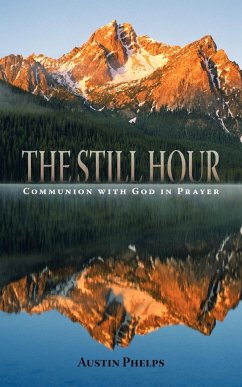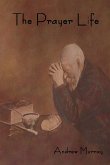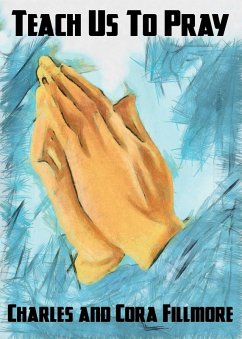Austin Phelps (1820-1890) was a congregational minister, a professor of sacred rhetoric and homiletics, and later a president of Andover Theological Seminary. He wrote several books which were widely read, but none as much as "The Still Hour." Some of the subjects covered are quite unique, such as "Absence of God, in Prayer", "Unhallowed Prayer", "Distrust in Prayer", "Indolence in Prayer" and "Idolatry in Prayer." This is a book that will both convict and encourage. It is perfect alike for the new believer and the aged saint who has walked with Christ for decades. Don Whitney wrote: "Remember that the great purpose for engaging in these Disciplines is Godliness, that we may be like Jesus, that we may be more holy. In The Still Hour, Austin Phelps wrote, 'It has been said that no great work in literature or in science was ever wrought by a man who did not love solitude. We may lay it down as an elemental principle of religion, that no large growth in holiness was ever gained by one who did not take time to be often long alone with God.'"
Hinweis: Dieser Artikel kann nur an eine deutsche Lieferadresse ausgeliefert werden.
Hinweis: Dieser Artikel kann nur an eine deutsche Lieferadresse ausgeliefert werden.








